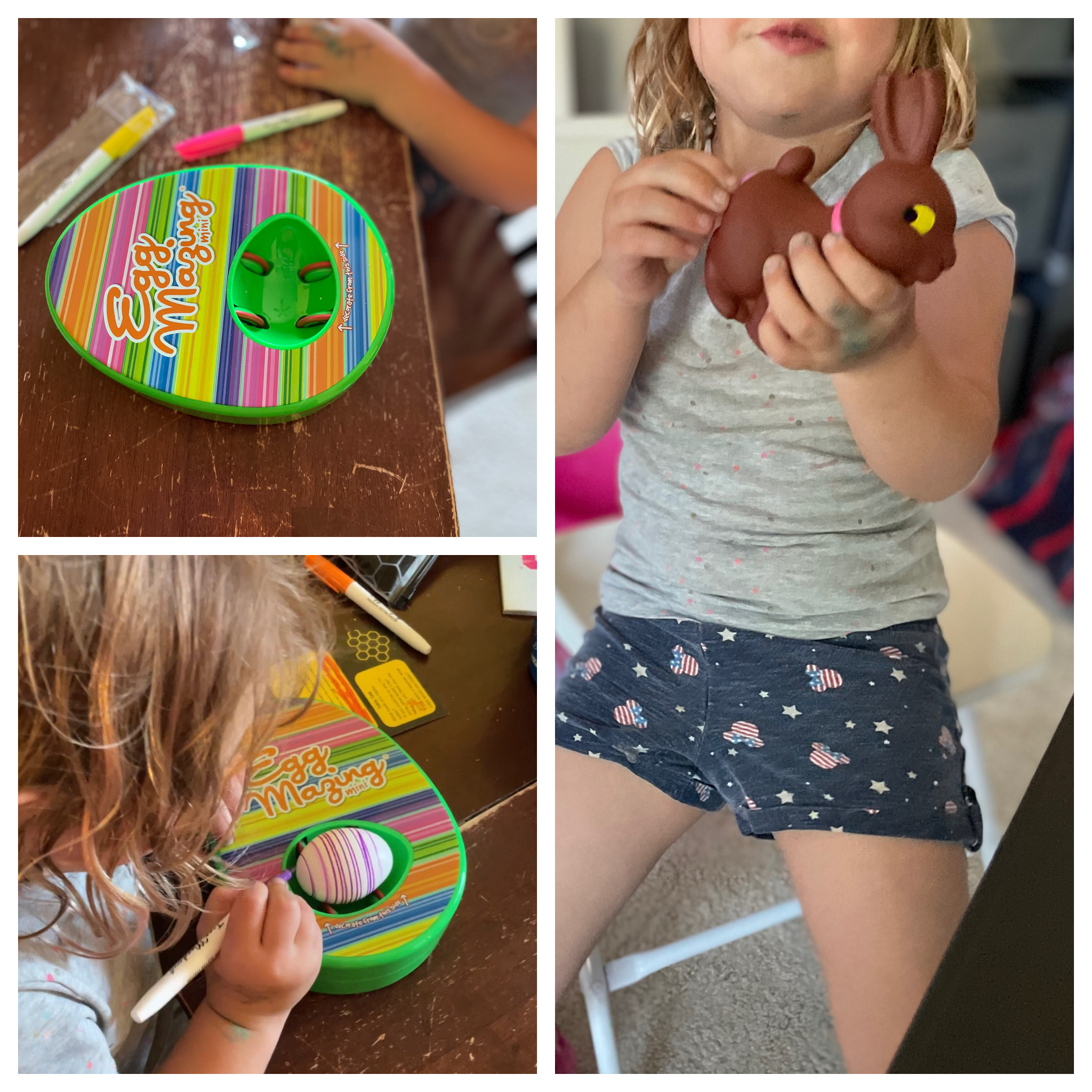When Breast Isn’t Best – 5 Signs Breastfeeding Might Not Work For You

Photo: Wes Hicks/Unsplash
Most experts suggest that breastfeeding is the ideal way to feed a baby. It provides all the nutrients a growing infant needs as well as the immune-boosting properties needed to stay healthy during the first months of life. Click here to view hampers for new mums in Singapore.
With that said, breastfeeding is a choice, and there’s nothing wrong with choosing the bottle over the breast if that’s what works best for you. If you’ve been trying your hardest to breastfeed but something just isn’t feeling right, it could be that it isn’t working for you. Here are a few signs to look out for if you think this might be the case:
- Lack of Wet Diapers
When babies are getting enough to eat, they produce as many as eight wet diapers a day. If your baby isn’t producing this much, it could be that they aren’t getting enough to eat during breastfeeding.
Check with your lactation specialist, and if it’s determined that breastfeeding isn’t working for you, ask for recommendations on the best baby formula for your little one.
- Your Breasts Don’t Feel Engorged
Engorgement is a physical feeling you can’t mistake. Your breasts may feel hot, heavy, and even painful, which is a sign you need to feed your baby or express the milk with a breast pump. If you aren’t feeling these symptoms in the first few days after your baby is born, it could be that you need a little more time. However, it may also be a sign that you might not be able to breastfeed your baby. Again, speak with your lactation consultant if your milk isn’t coming in as it should.
- You Don’t See Milk in Your Baby’s Mouth During Feeding
If you pull your baby from your breast during feeding, you should be able to see milk in their mouth. If you don’t, it could be a sign that your baby is suckling at your breast but not eating. Be mindful that in the first couple of days after birth, your breasts produce a clear fluid called colostrum until your milk comes in. You may or may not see colostrum in your baby’s mouth because of its clear consistency.
- Your Baby is Losing Weight
Weight loss in a newborn is common in the first few days after birth, but after that, a successfully breastfeeding infant should gain weight consistently. Regular visits to the pediatrician will let you know if your child is gaining weight, but if you are concerned, most pediatricians will let you come in daily for weight checks.
If you’re seeing a lactation consultant, you can also do a weight check there. They will weigh your baby then have you do a feed. Afterward, they will weigh the baby again to make sure milk has successfully been consumed.
- Absence of Swallowing
If your baby is swallowing during feeding, it’s a sure sign they’re getting milk from your breast. You’ll need to feed your baby in a quiet room so you can hear the swallowing. It’s not always possible to visually see the swallowing action, so you should listen for a whispered “C” sound every 3-5 sucks. This means your baby is swallowing milk.
While experts agree that breastfeeding is the best way to feed your baby, not every mother can do so. It’s important to pay close attention in the first few days of breastfeeding a newborn to make sure your milk has come in and that your little one is getting enough to eat. If you aren’t sure, check the list above for signs that breastfeeding isn’t working, and then contact your lactation consultant for advice.





